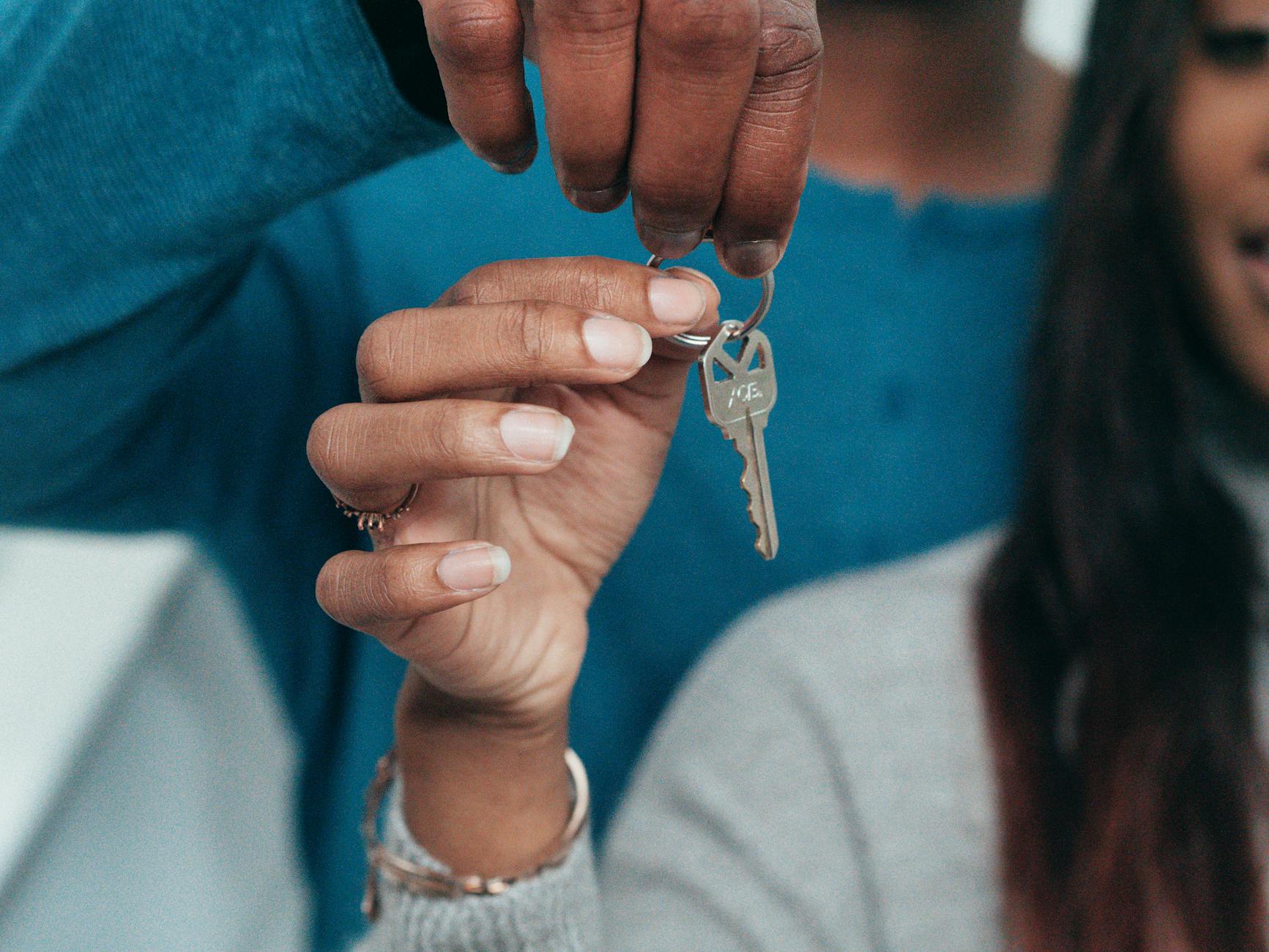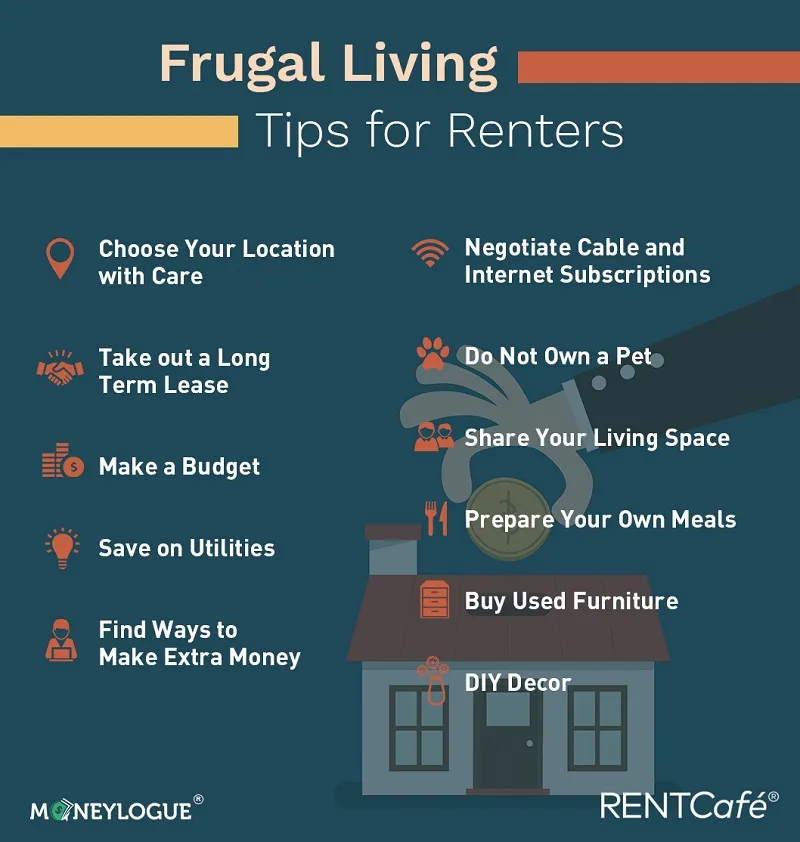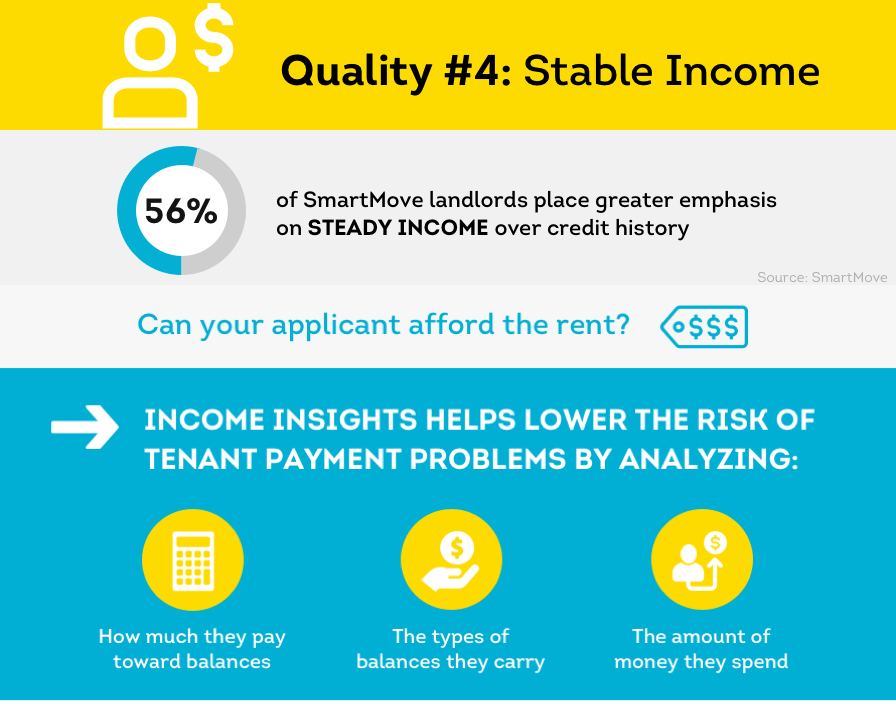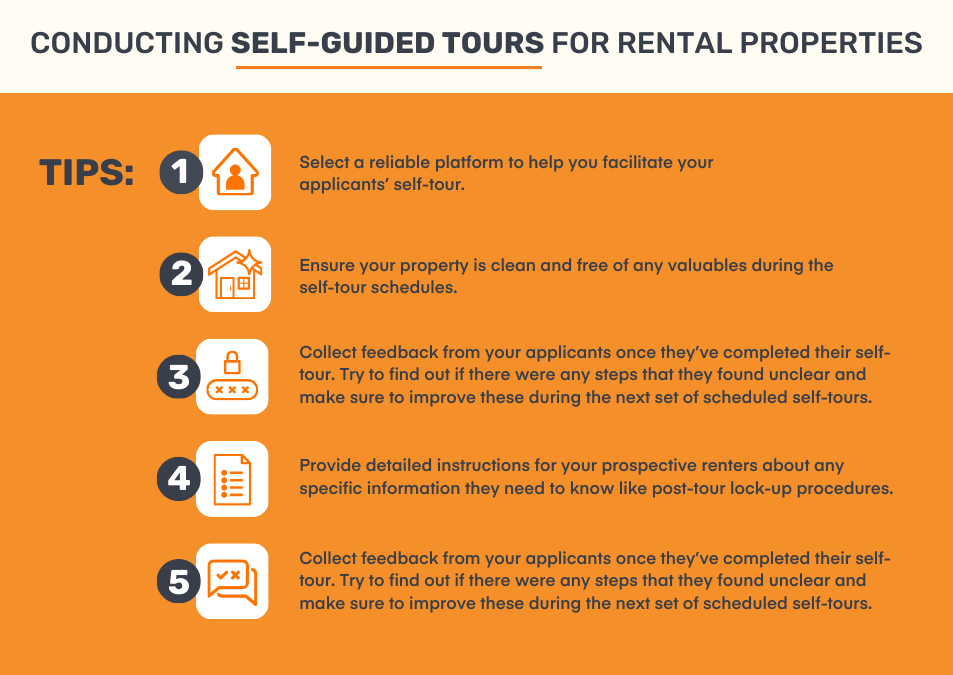Discover the insider secrets to being a savvy renter that could save you money and stress on your next lease!

Image courtesy of Kindel Media via Pexels
Table of Contents
- Introduction: Becoming a Smart Renter
- Understanding the Rental Process
- Getting Ready to Hunt for Your Rental
- Finding the Right Place
- Understanding Your Lease Agreement
- Moving In Tips
- Being a Good Tenant
- Financial Tips for Renters
- When Things Go Wrong: Dealing with Issues
- Ready to Move On: Ending Your Lease
- Conclusion: Recap of Smart Renting Essentials
- Frequently Asked Questions (FAQs)
Introduction: Becoming a Smart Renter
Welcome! Are you considering renting a place to live? Renting can be a great option, and we’re here to help you become a smart renter. We’ll share some valuable tips and advice to guide you in your renting journey. Let’s dive in and make sure you have all the essentials to thrive as a renter.
When it comes to renting advice, there are some key things to keep in mind to ensure a smooth experience. Whether you’re a first-time renter or looking to improve your renting skills, these tips for renters will equip you with the knowledge you need to make informed decisions and navigate the rental process with confidence.
Understanding the Rental Process
Find out what renting involves and how to do it in a smart way.
What Does Renting Mean?
We’ll explain what it means to rent a place and live there.
Steps in the Renting Journey
Learn about the different steps you take from looking for a place to moving in.
Renting is when you pay money to live in someone else’s property. It’s like borrowing a house to live in for a while without owning it. When you rent, you sign a contract called a lease that spells out the rules you need to follow while you’re living there.
First, you’ll need to look for a place to rent that meets your needs. This might involve searching online or in newspapers, or even driving around the neighborhood where you want to live to see if there are any rental signs up. Once you find a place you’re interested in, you’ll need to fill out an application and possibly have an interview with the landlord or property manager to see if you’re a good fit.
Getting Ready to Hunt for Your Rental
Before you start your search for a rental, it’s important to prepare yourself to make the process easier and more successful. Let’s look at some essential steps to take before you begin your hunt.

Image courtesy of www.rentcafe.com via Google Images
Set Your Rental Goals
First, think about what kind of place you want to rent. Consider the number of bedrooms, location, amenities, and your budget. Setting clear goals will help narrow down your options and focus your search on places that meet your criteria.
Gathering Necessary Documents
When looking for a rental, you’ll need to show potential landlords that you’re a reliable tenant. Gather important documents such as your ID, proof of income, references, and any other documents required by the landlord. Having these ready will speed up the application process and make you a more attractive candidate.
Finding the Right Place
When it comes to renting, one of the most crucial decisions you’ll make is choosing the right place to call home. By taking the time to find a rental that suits your needs and preferences, you can set yourself up for a successful and satisfying living situation. Here are some tips to help you in this important process.
Searching for Potential Rentals
There are various ways to search for potential rentals that fit what you’re looking for. You can start by browsing online rental listing websites where you can filter your search based on location, price, size, and other preferences. Additionally, you can check local newspapers and community bulletin boards for rental listings. Don’t forget to drive around neighborhoods you’re interested in to look for “For Rent” signs on properties.
Evaluating the Space
Once you’ve found a few rental options that catch your eye, it’s essential to visit them in person to evaluate the space thoroughly. When you schedule a visit, pay attention to the layout, size, condition, and features of each property. Consider factors such as the number of bedrooms and bathrooms, the presence of amenities like laundry facilities or parking spaces, as well as the overall feel of the neighborhood.
Understanding Your Lease Agreement
When you find the perfect rental property that ticks all the boxes on your wishlist, it’s time to dive into the paperwork and understand your lease agreement. This essential document outlines the rules and responsibilities for living in your new place, so let’s break it down in simple terms.

Image courtesy of northeastpcg.com via Google Images
The Basics of a Lease
A lease is a legal contract between you and the landlord outlining the terms and conditions of your tenancy. It typically includes details such as the rental amount, the duration of the lease, rules on pets, maintenance responsibilities, and any specific rules set by the landlord. It’s crucial to read through the lease thoroughly to understand what’s expected of you as a tenant.
Questions to Ask Before Signing
Before signing the lease, make sure to ask your landlord any questions you may have. It’s important to clarify any unclear terms or rules to avoid misunderstandings down the line. Some questions you may want to consider asking include:
- Are there any restrictions on decorating the property?
- What is the process for requesting repairs or maintenance?
- Are there specific rules regarding noise or guests?
- How is the security deposit handled?
By asking these questions, you can ensure you’re on the same page as your landlord and start your tenancy off on the right foot.
Moving In Tips
Before you move in, it’s essential to make sure everything is ready for the big day. Pack your belongings in boxes, label them clearly, and make a list of items you’ll need right away once you arrive at your new home. Don’t forget to arrange for any necessary services to be set up, such as electricity, water, and internet.
Checklist for a Smooth Move
To ensure a smooth move-in day, create a checklist of tasks to complete before and during the move. This list may include unpacking essentials like bedding, toiletries, and kitchen supplies as well as checking the condition of the rental space. Also, remember to take meter readings for utilities and update your address with important contacts to avoid any disruptions.
Being a Good Tenant
Being a good tenant is important for both you and your landlord. When you take care of your rental property and communicate well with your landlord, it helps create a positive renting experience for everyone. Here are some tips on how to be a good tenant:

Image courtesy of www.mysmartmove.com via Google Images
Respecting the Property
Respecting the property means taking care of the place you are renting. Treat your rental like it’s your own home. Keep it clean, report any maintenance issues promptly, and follow the rules set out in your lease agreement. This not only helps maintain the value of the property but also shows that you are a responsible tenant.
Communicating with Your Landlord
Good communication is key to a successful landlord-tenant relationship. If you have any questions, concerns, or requests, don’t hesitate to talk to your landlord. Whether it’s about repairs that need to be done, changes you’d like to make to the rental, or any other issues that may arise, open and respectful communication can help resolve any issues quickly and effectively.
| Tip | Description |
|---|---|
| 1 | Research the neighborhood |
| 2 | Set a budget and stick to it |
| 3 | Read the lease agreement carefully |
| 4 | Take photos of the rental before moving in |
| 5 | Know your rights as a renter |
| 6 | Communicate openly with your landlord |
| 7 | Understand the maintenance policies |
Financial Tips for Renters
Managing your finances wisely is an essential part of being a successful renter. Here are some helpful tips to help you handle your money when you’re renting.
Budgeting for Rent and Utilities
Before you start looking for a rental, it’s important to figure out how much you can afford to spend on rent and utilities every month. Make a budget that includes your rent, electricity, water, and any other monthly expenses you might have. This way, you’ll know how much you can comfortably afford without stretching your finances too thin.
Saving Money While Renting
There are ways to save money while renting to ensure you have extra cash for unexpected expenses or future plans. Consider cutting down on unnecessary expenses, like dining out frequently or buying items you don’t really need. Additionally, look for rental options that include amenities like laundry facilities or utilities in the rent to help you save on additional costs.
When Things Go Wrong: Dealing with Issues
Sometimes stuff happens. Find out what to do if you run into problems.

Image courtesy of www.poplarhomes.com via Google Images
Maintenance and Repairs
Living in a rental means that sometimes things can break or need fixing. If something in your home stops working properly, like a leaky faucet or a broken stove, don’t worry. Your landlord is responsible for keeping the property in good condition. Here’s what you can do:
1. Contact your landlord: As soon as you notice a problem, let your landlord know. They will arrange for a repair person to come and fix the issue.
2. Be patient: Sometimes repairs can take time, especially if it’s a big problem. Stay in touch with your landlord to get updates on when the issue will be resolved.
Disputes with Landlords
Disagreements with your landlord can be tough, but it’s essential to handle them calmly and respectfully. Here are some tips on how to deal with disputes:
1. Communicate clearly: If you have a problem with something your landlord is doing, talk to them about it. Explain your concerns politely and try to come to a solution together.
2. Keep records: If the issue escalates, make sure to keep a record of all your communication with your landlord. This can include emails, text messages, or notes from your conversations.
3. Seek help if needed: If you can’t resolve the problem on your own, you can reach out to a tenant’s association or a legal advisor for guidance on your rights as a renter.
Remember, staying calm and communicating effectively are key to resolving any issues that may arise during your time as a renter.
Ready to Move On: Ending Your Lease
When it’s time to move on from your rental, it’s important to give your landlord notice that you’ll be leaving. This notice period is usually outlined in your lease agreement, so be sure to check how much advance notice you need to provide. It’s typically 30 days, but it can vary.
Once you’ve given your landlord the required notice, it’s time to start thinking about moving out. Make a plan for how you’ll pack up your belongings, clean the rental, and return the keys. Remember to schedule any necessary repairs or maintenance to ensure you leave the property in good condition.
Getting Your Deposit Back
Before you say goodbye to your rental for good, you’ll want to make sure you get your security deposit back. Start by reviewing your lease agreement to understand the conditions for receiving your deposit. Typically, this involves leaving the property in the same condition as when you moved in.
Take the time to thoroughly clean the rental, repair any damages beyond normal wear and tear, and document the property’s condition with photos. By following these steps and communicating effectively with your landlord, you can increase the likelihood of getting your full deposit back.
Conclusion: Recap of Smart Renting Essentials
As a smart renter, you’ve learned valuable tips and essential guidelines to navigate the renting process successfully. Let’s recap the top tips we’ve covered to help you become a savvy renter.

Image courtesy of www.advantage-properties.com via Google Images
Renter Essentials
First and foremost, being a good tenant is crucial for a positive renting experience. Remember to respect the property you are living in by taking care of it as if it were your own. Communication with your landlord is also key in fostering a good relationship and addressing any concerns or issues that may arise.
Successful Renting
Managing your finances prudently is an important aspect of successful renting. Budgeting for rent and utilities ensures that you can comfortably afford your living expenses, while also saving money where possible to secure your financial stability.
Tips for Renters
When searching for the right rental property, remember to set clear goals for what you are looking for in a home, gather all necessary documents to streamline the application process, and conduct thorough evaluations of potential spaces to ensure they meet your needs.
By following these smart renting essentials, you will be equipped to handle any challenges that may arise during your renting journey and enjoy a positive and fulfilling rental experience.
Frequently Asked Questions (FAQs)
How much should I spend on rent?
Deciding how much to spend on rent is an essential part of being a smart renter. The general rule of thumb is that you shouldn’t spend more than 30% of your monthly income on rent. That way, you’ll have enough left over for other important expenses like groceries, bills, and saving money. It’s important to find a balance that allows you to comfortably afford your rent without straining your finances.
Can I decorate my rental?
Decorating your rental can make it feel more like home, but there are usually some rules to follow. Most landlords allow minor changes like hanging pictures or curtains, as long as you don’t cause any damage to the property. Before making any major changes, it’s a good idea to check your lease agreement or ask your landlord for permission. Remember, it’s important to treat your rental with care and respect.
What if I have a pet?
If you have a pet, there are a few extra things to consider when renting. Some landlords may have restrictions on the types or sizes of pets allowed in their properties. Before getting a pet, make sure to check your lease agreement or ask your landlord about any pet policies. You may also need to pay an additional pet deposit or monthly pet rent. It’s crucial to be a responsible pet owner and ensure your furry friend doesn’t cause any damage to the rental property.
Idaho Poperty Management
